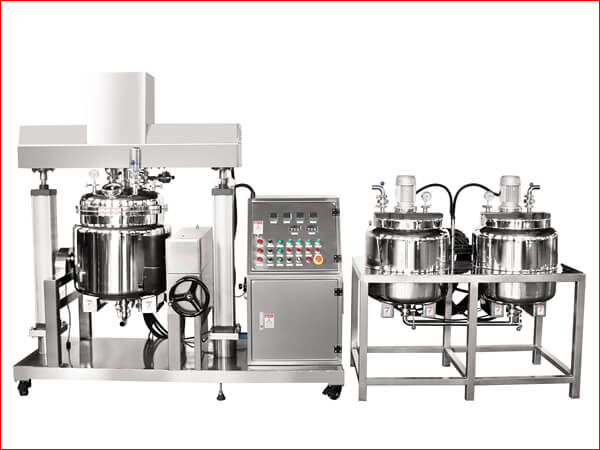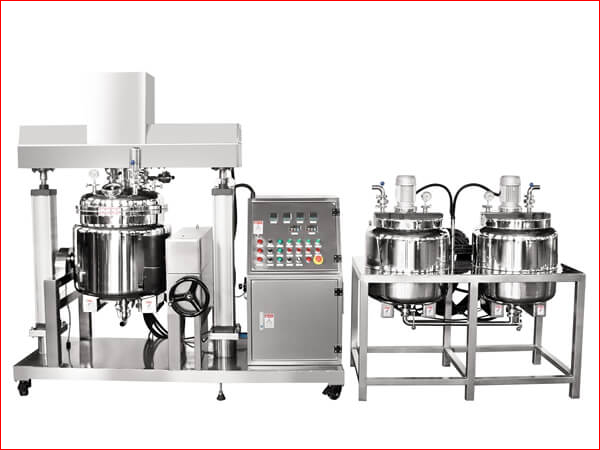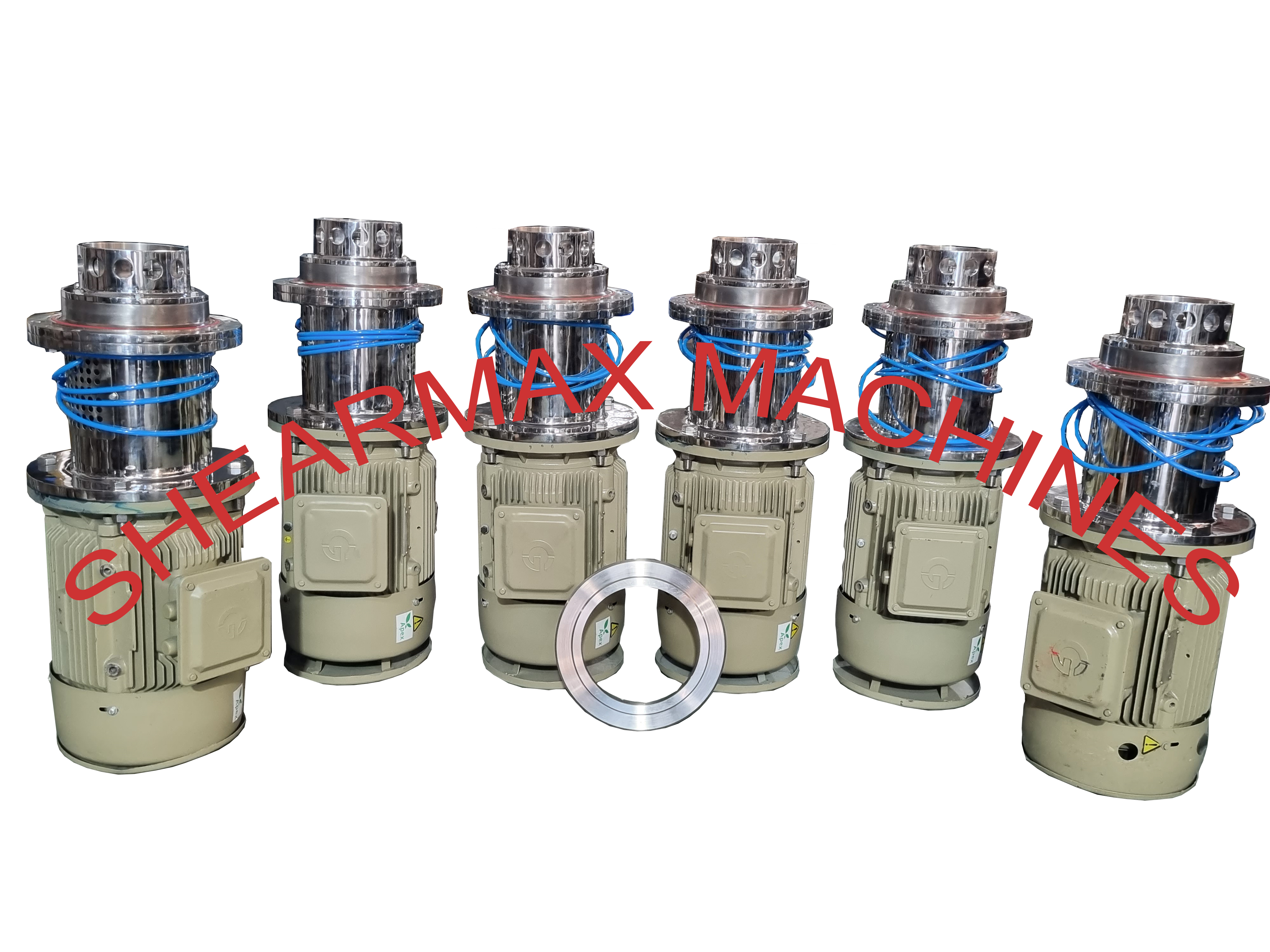Pharmaceutical Plants




Pharmaceutical Plants

Ointment plants are specialized manufacturing facilities that produce various types of ointments, creams, and gels used in the healthcare industry. These products are topical medications that are applied directly to the skin to treat various skin conditions, such as eczema, psoriasis, and fungal infections. Ointment plants typically include a range of equipment and processes, including mixing vessels, heating and cooling systems, filling and sealing machines, and packaging lines. The manufacturing process typically involves blending the active pharmaceutical ingredients (APIs) with various excipients, such as oils, waxes, and emulsifiers, to create a uniform mixture. Once the ointment has been produced, it is typically tested for quality and consistency to ensure that it meets the necessary standards. This may include testing for the presence of impurities, measuring the viscosity of the product, and evaluating its stability over time. Ointment plants must adhere to strict regulations and guidelines set by government agencies to ensure that the products they produce are safe, effective, and of high quality. They must also maintain clean and sanitary conditions to minimize the risk of contamination or other issues. Overall, ointment plants play an important role in the healthcare industry by producing topical medications that help treat a variety of skin conditions and improve patient health and well-being.
Ointment plants are specialized manufacturing facilities that produce various types of ointments, creams, and gels used in the healthcare industry. These products are topical medications that are applied directly to the skin to treat various skin conditions, such as eczema, psoriasis, and fungal infections. Ointment plants typically include a range of equipment and processes, including mixing vessels, heating and cooling systems, filling and sealing machines, and packaging lines. The manufacturing process typically involves blending the active pharmaceutical ingredients (APIs) with various excipients, such as oils, waxes, and emulsifiers, to create a uniform mixture. Once the ointment has been produced, it is typically tested for quality and consistency to ensure that it meets the necessary standards. This may include testing for the presence of impurities, measuring the viscosity of the product, and evaluating its stability over time. Ointment plants must adhere to strict regulations and guidelines set by government agencies to ensure that the products they produce are safe, effective, and of high quality. They must also maintain clean and sanitary conditions to minimize the risk of contamination or other issues. Overall, ointment plants play an important role in the healthcare industry by producing topical medications that help treat a variety of skin conditions and improve patient health and well-being.




